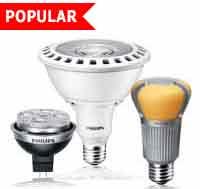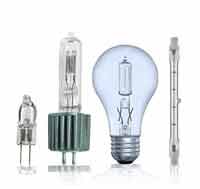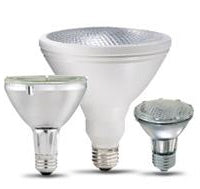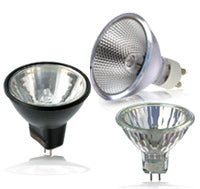NATION: New energy efficiency standards phasing out incandescent light bulbs won't be enforced
New standards in energy efficiency taking effect this year will not be regulated with federal funds as a result of a bill passed in late 2011.
The bill, passed Dec. 16, prohibits the U.S. Department of Energy from spending any money to enforce the efficiency standards, which require newly manufactured light bulbs to produce less heat and operate at about a 30 percent more efficient rate.
Passed as part of President Bush's 2007 Energy Independence and Security Act, the law went into effect Jan. 1, but will not be regulated at the federal level.
The standards would have phased out incandescent bulbs by setting efficiency standards that the bulbs don't meet.
"This ruling isn't completely the end of the line for the lighting efficiency standards, but it certainly makes for another toothless law in the books -- for the time being," said Travis Leipzig, spokesman for the River Network, an organization dedicated to preserving rivers, which are vital sources of freshwater.
Opponents were against the law, saying it was another case of the government overreaching its bounds.
According to the National Resource Defense Council, the efficiency standards were projected to save the average U.S. household $85 annually, more than $12.5 billion nationally each year, as well as eliminate the need for the construction of 30-plus power plants.
Leipzig said additional provisions to the bill targeted many other water and energy-related issues, as well as a number of other socio-economic issues that would have been tragic if passed.
Examples of attempted provisions, but not in the final budget agreement, include an attempt to bar the DOE from implementing any significant regulatory actions and an attempt to bar international cooperation on energy research and development at the Department of Energy.
Leipzig said he sees the lack of funding for enforcement as a step backward in moving toward the instituting the best conservation practices that are available.
"This ruling shows that legislators have multiple processes and loopholes that can readily be used in future attempts at curtailing other energy conservation measures and programs," he said.
The legislation also undermines the light bulb manufacturers who have already invested millions of dollars to begin producing more efficient bulbs instead of the older, less efficient bulbs, he said.
Leipzig was unsure how the legislation could impact consumers, but said it seems like a majority of light bulb producers have already invested millions into switching production methods to produce the bulbs.
Because it would cost more to go back to the old manufacturing processes, he assumes a majority will continue to produce the new bulbs. However, some manufacturers that have not made the transition may continue to produce the bulbs with a low risk of any type of regulation, he said.
"Depending on individual state adoption of regulation policies, I would imagine that in many states, there will continue to be a supply of less efficient bulbs available to the market at significantly lower cost than more efficient bulbs," he said.
Source: Heritage













Comments